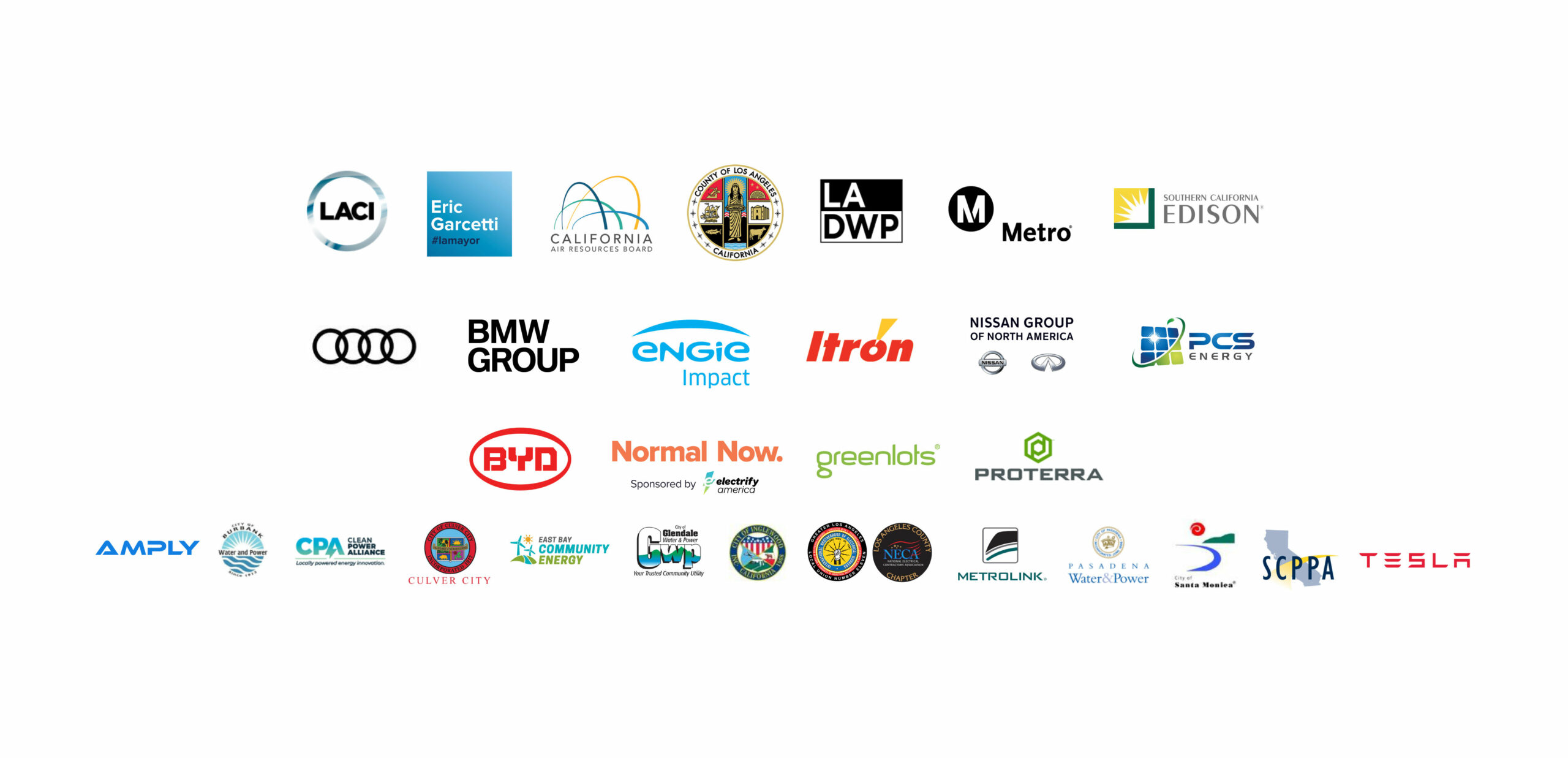
LOS ANGELES, CA – “On behalf of the Transportation Electrification Partnership (TEP), we applaud and thank Governor Newsom for including $1.5 billion for infrastructure and incentives in his budget proposal to implement the state’s bold zero emission vehicle goals to create jobs, advance equity, and electrify goods movement. This is a key step toward achieving our bold regional targets by 2028, and statewide goals by 2035 and beyond. We also look forward to working with the Newsom Administration and the Legislature to advance our proposal for a California EV Authority to ensure we meet these goals while growing our economy and ensuring all communities benefit from these proposed investments.
TEP is calling for the creation of a California Electric Vehicle Authority (CEVA) to enhance the coordination and financing tools needed to accelerate the transition for vehicles and charging infrastructure while boosting equity, job creation, workforce training, and economic development. The CEVA was introduced in the last legislative session via SB633 by Senator Henry Stern.
In addition, we need to work with our federal partners to support transportation electrification here in greater Los Angeles, across California, and throughout the nation. To help put people back to work, restart our economy, and clean our air, LACI and 74 companies, business organizations and labor groups across the country have advocated for a $150 billion federal stimulus proposal to be included in infrastructure stimulus in response to the economic crisis precipitated by the COVID pandemic.”
ABOUT TEP
The Transportation Electrification Partnership (TEP) is an unprecedented regional public-private collaboration to accelerate deep reductions in climate and air pollution by the time of the 2028 Olympic and Paralympic Games by pursuing bold targets, pilots, initiatives, and policies that are equity-driven, create quality jobs, and grow the economy.
Current members include:
Leadership Group: Mayor Garcetti, CARB, County of Los Angeles, LADWP, LA Metro, Southern California Edison, LACI
Advisory Group: Audi of America, BMW Group, ENGIE Impact, Nissan of North America, PCS Energy, BYD Motors, Normal Now sponsored by Electrify America, Greenlots, Itron, Proterra, AMPLY Power, Burbank Water & Power, Clean Power Alliance, Culver City, East Bay Community Energy, Glendale Water & Power, Inglewood, International Brotherhood of Electrical Workers Local Union 11 / National Electrical Contractors Association Los Angeles County, Metrolink, Pasadena Water & Power, Santa Monica, Southern California Public Power Authority, Tesla
ABOUT LACI
Los Angeles Cleantech Incubator (LACI) is creating an inclusive green economy for the people of Los Angeles by: unlocking innovation by working with startups to accelerate the commercialization of clean technologies; transforming markets through partnerships with policymakers, innovators, and market leaders in transportation, energy and sustainable cities; and enhancing communities through workforce development, pilots, and other programs. Founded as an economic development initiative by the City of Los Angeles and Los Angeles Department of Water & Power (LADWP), LACI is recognized as one of the most innovative business incubators in the world by UBI. In the past ten years, LACI has helped 236 portfolio companies raise $508 million in funding, $272 million in revenue, and create over 2,100 jobs in the Los Angeles region. Learn more at laci.org.


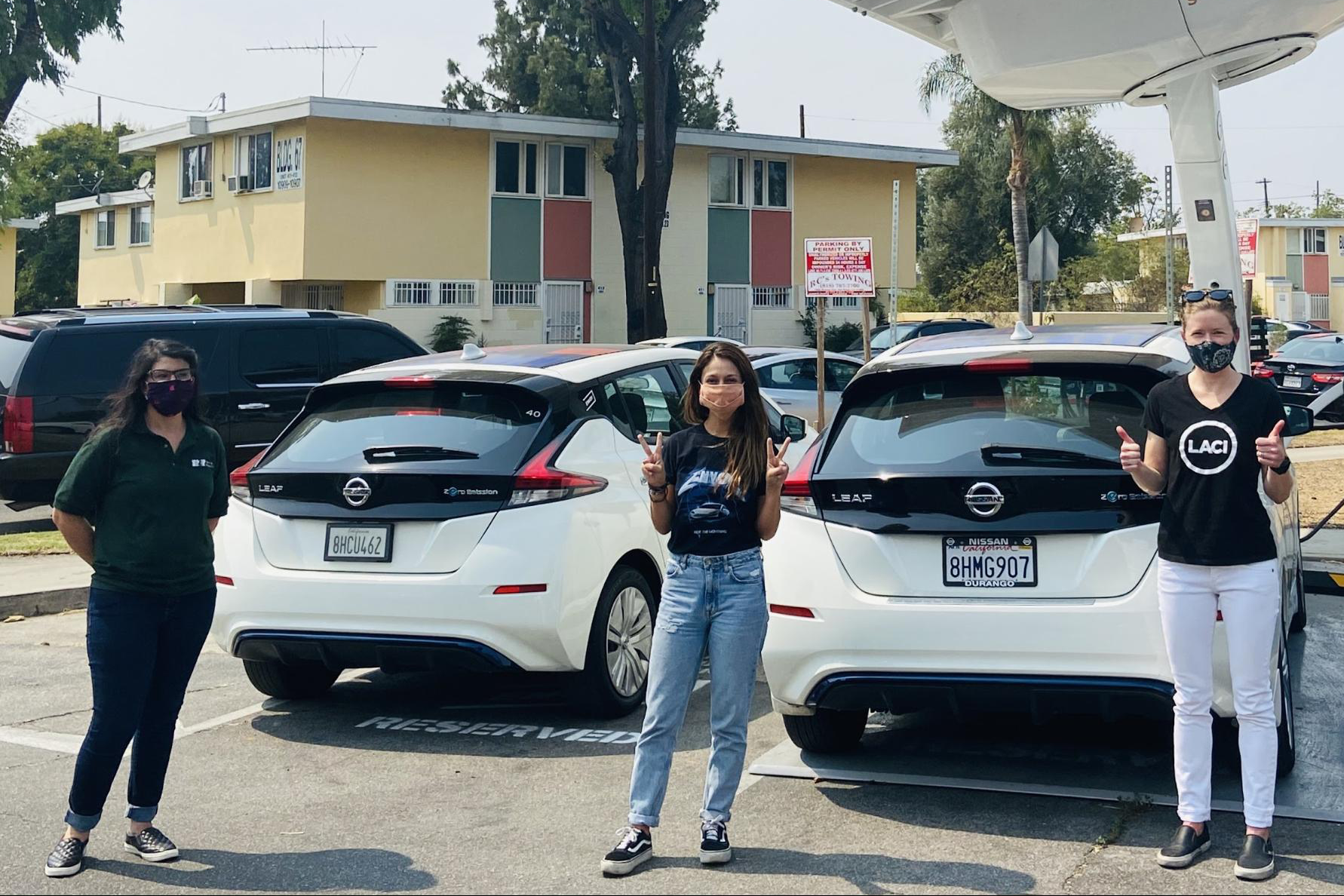

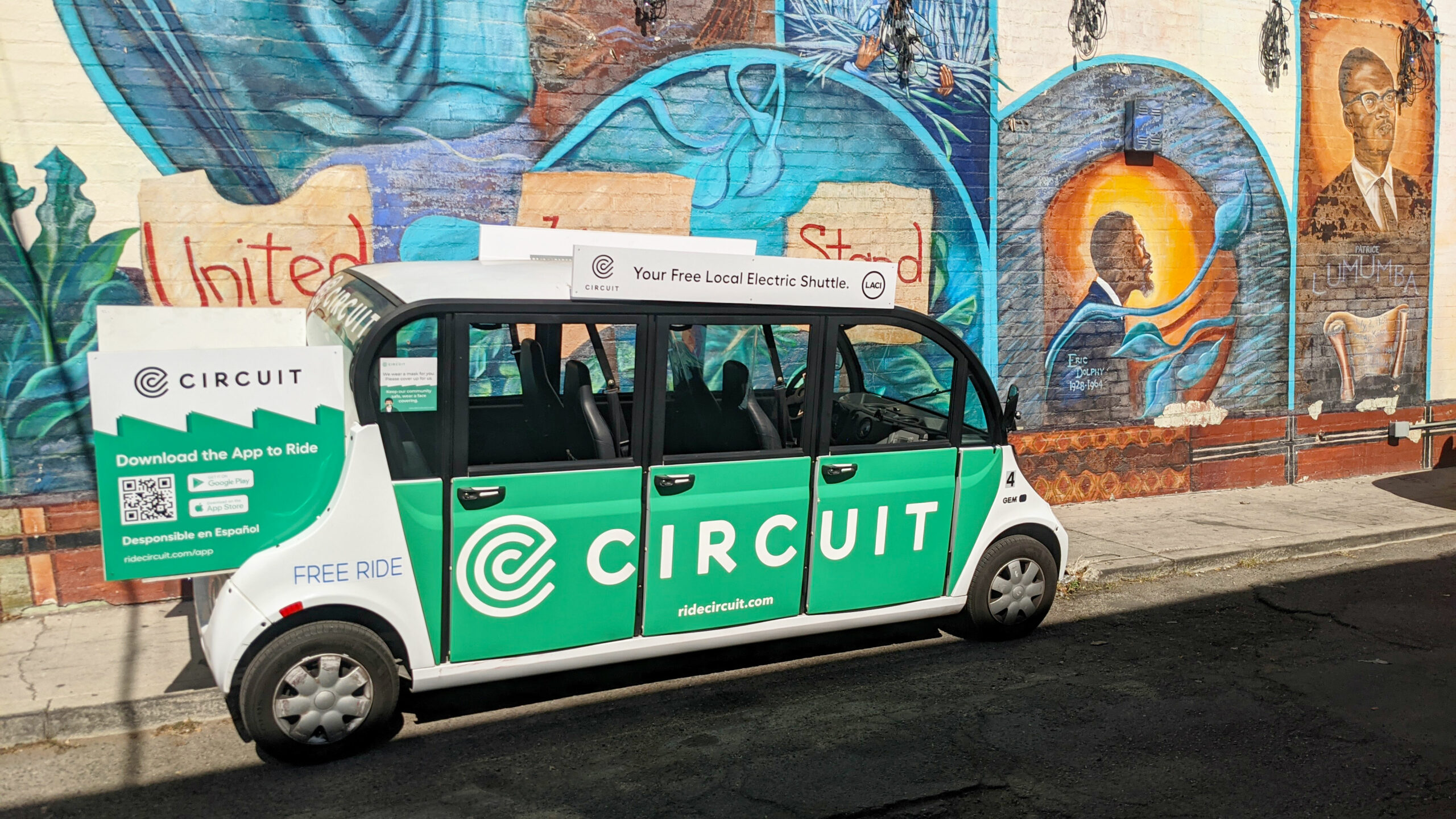
 Circuit
Circuit
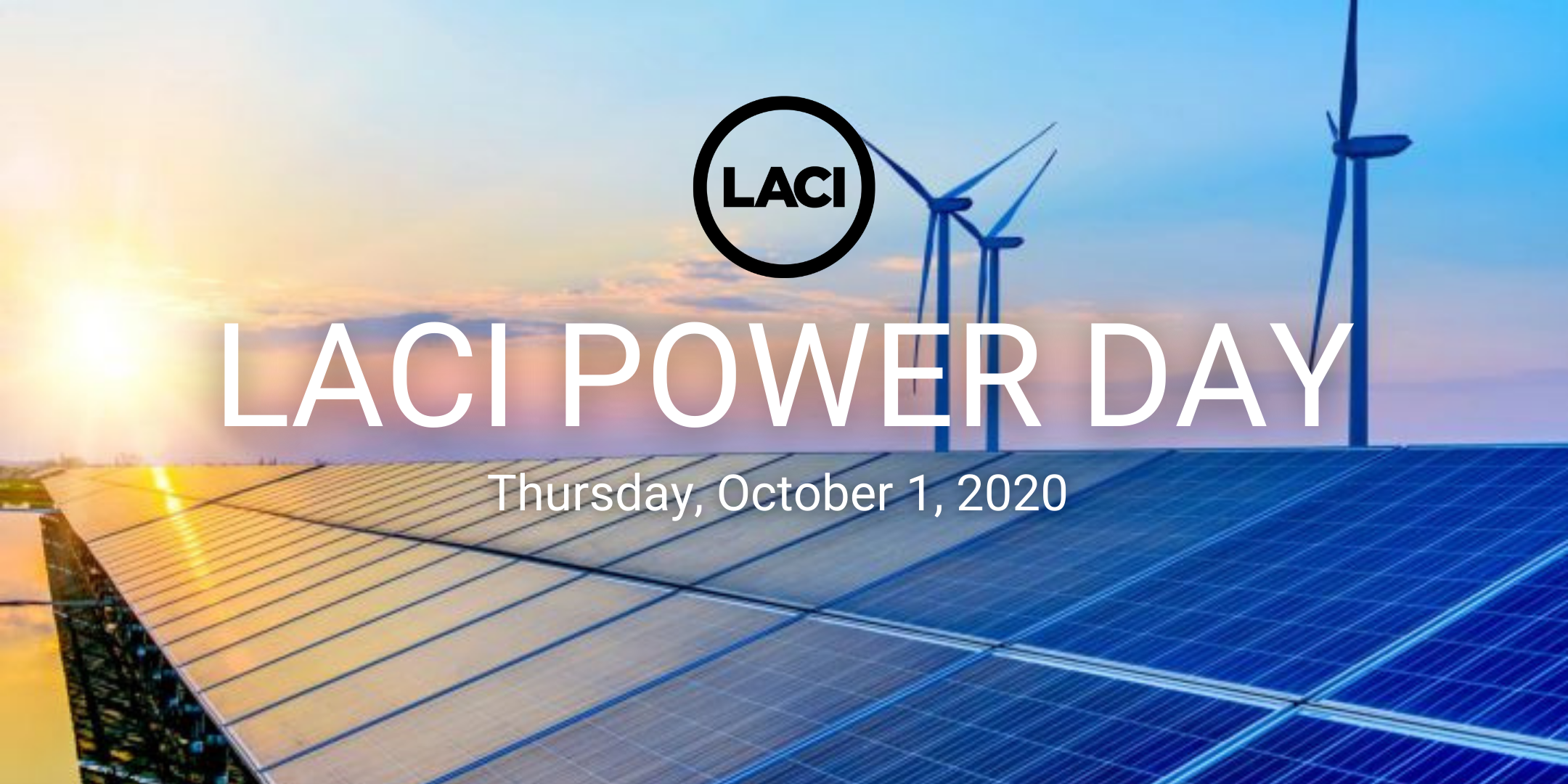
 The Transportation Panel focused on transportation needs in a post-COVID Society and how to make zero emission and clean mobility accessible to all. The panel was moderated by Aric Ohana, the CEO of
The Transportation Panel focused on transportation needs in a post-COVID Society and how to make zero emission and clean mobility accessible to all. The panel was moderated by Aric Ohana, the CEO of 
 intersection of clean energy and social justice. She spotlighted the important role that innovation plays in addressing challenges and advancing advocacy to support economic, environmental and social issues.
intersection of clean energy and social justice. She spotlighted the important role that innovation plays in addressing challenges and advancing advocacy to support economic, environmental and social issues. 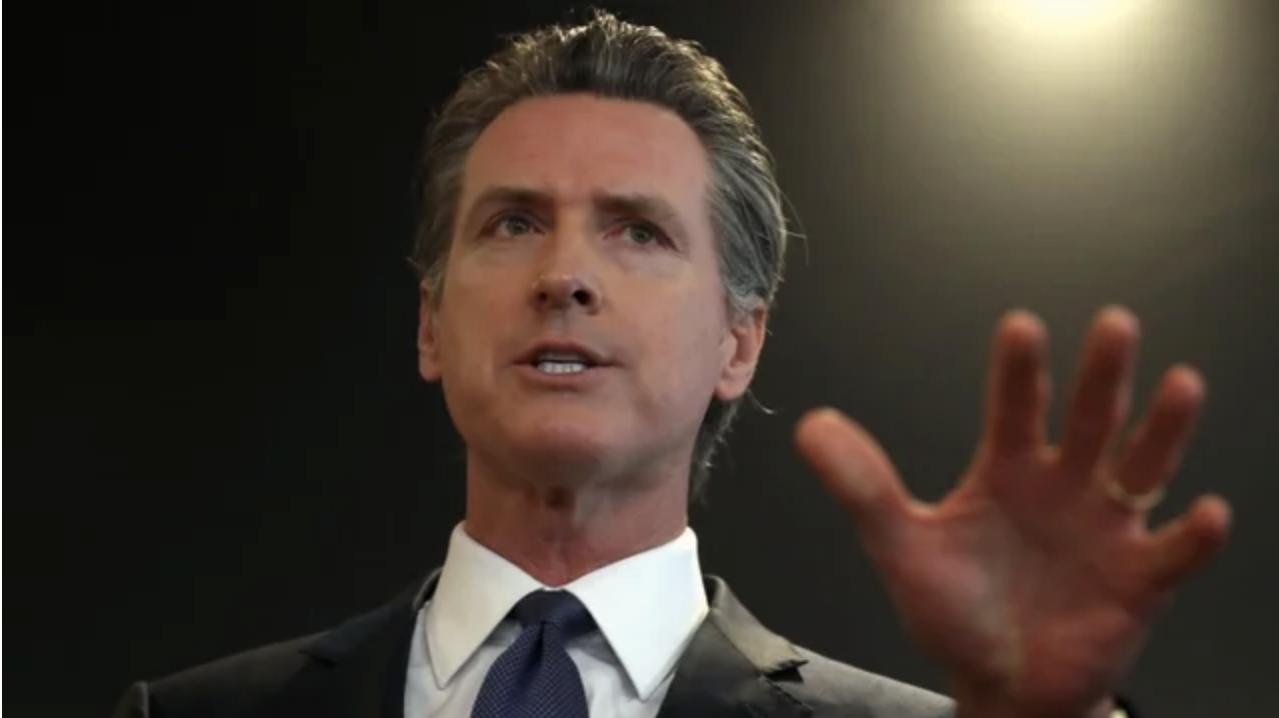
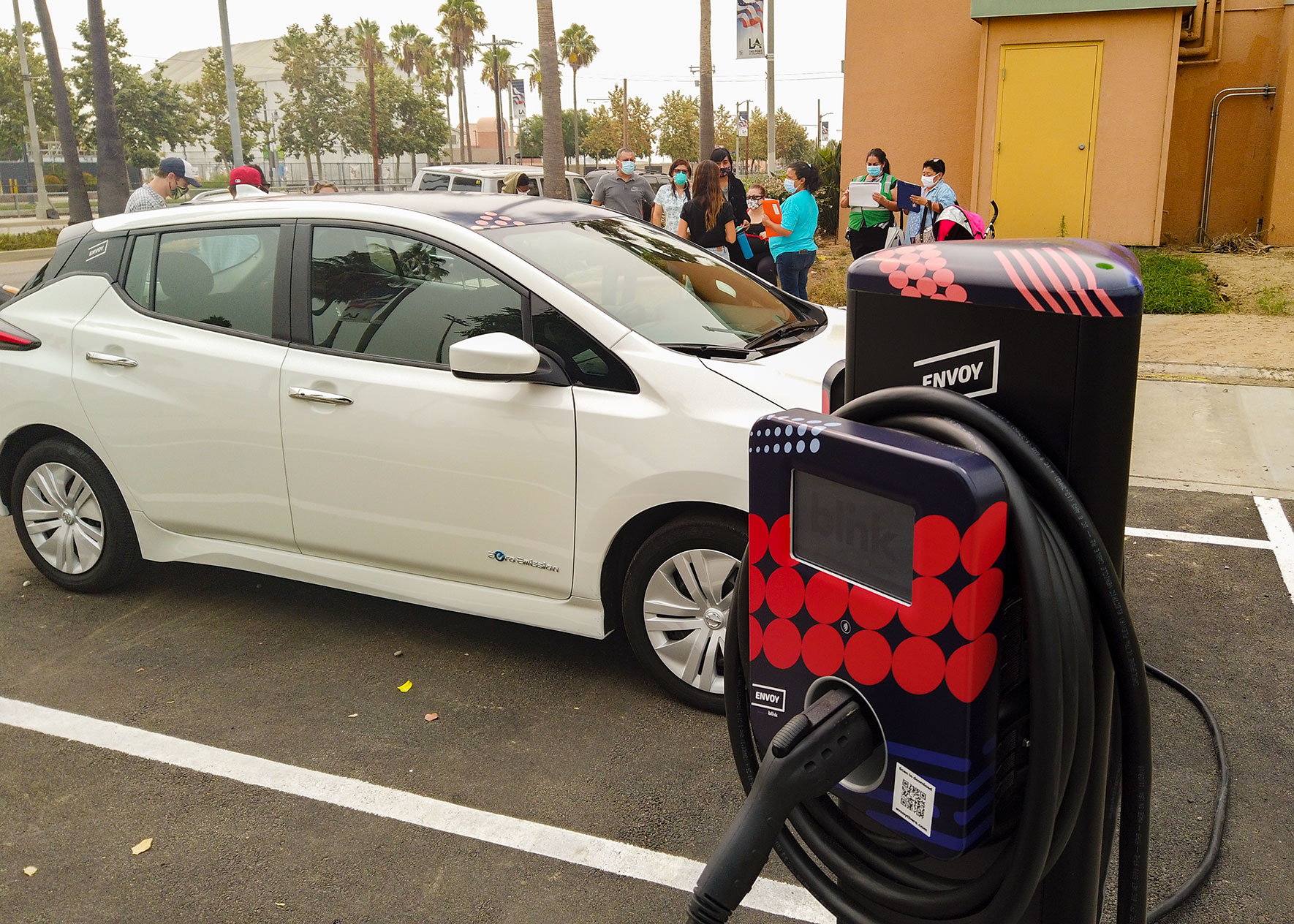
 “LACI is determined to bring the benefits of electric vehicles and mobility to historically underserved communities,” said
“LACI is determined to bring the benefits of electric vehicles and mobility to historically underserved communities,” said 


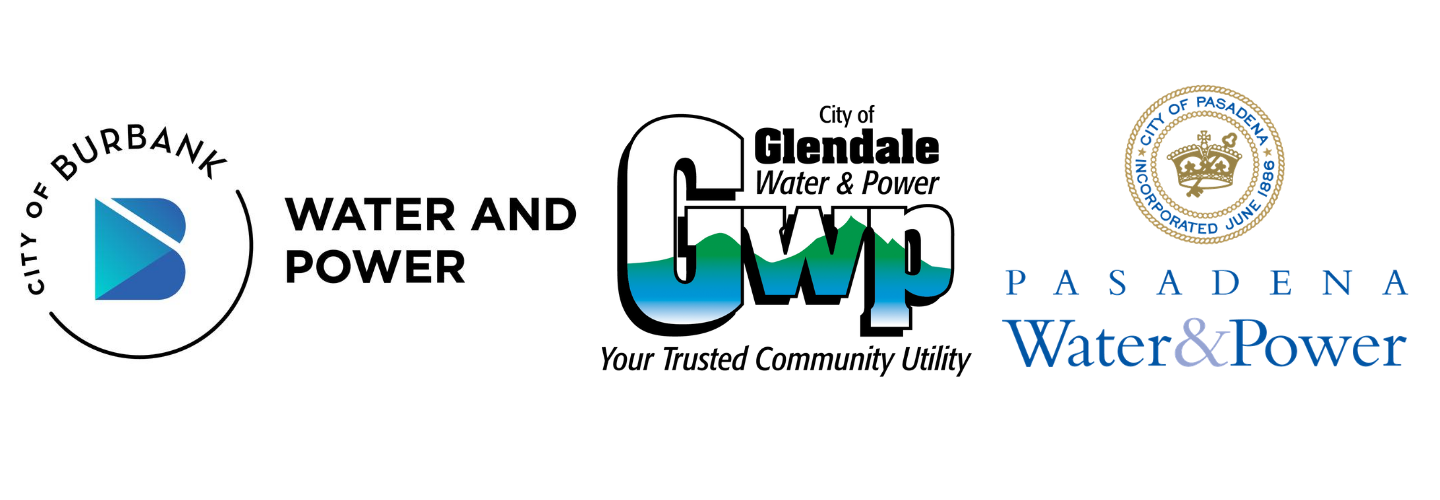
 Burbank Water and Power (BWP) electrical engineering associate Drew Kidd stated, “BWP is excited to join LACI’s Transportation Electrification Partnership and champion the adoption of electric vehicles and help clean the air in the Greater LA region. The City of Burbank is committed to reducing greenhouse gases and improving the air quality for Burbank and surrounding communities.”
Burbank Water and Power (BWP) electrical engineering associate Drew Kidd stated, “BWP is excited to join LACI’s Transportation Electrification Partnership and champion the adoption of electric vehicles and help clean the air in the Greater LA region. The City of Burbank is committed to reducing greenhouse gases and improving the air quality for Burbank and surrounding communities.”